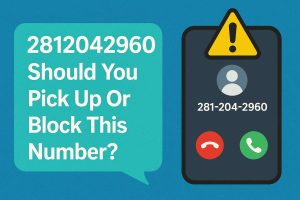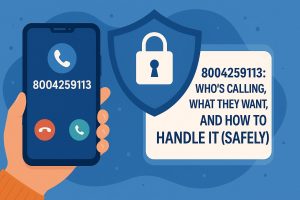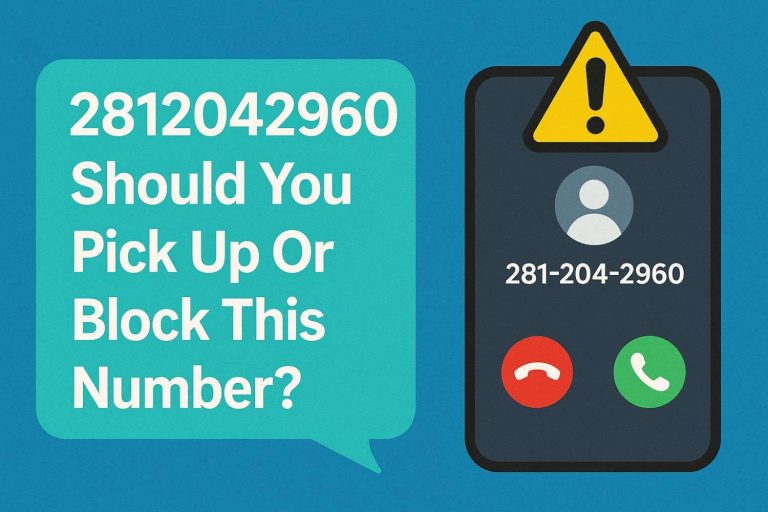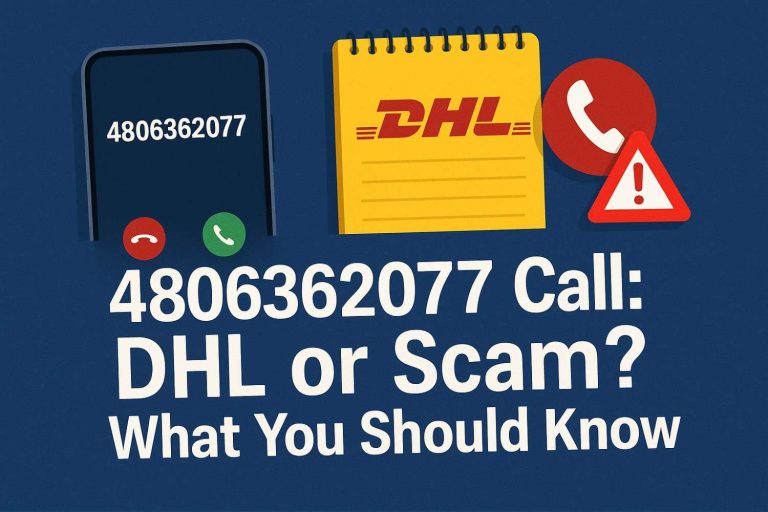I’ll be honest—saying “Optavia ruined my life” felt dramatic the first time the words left my mouth. But here’s the truth: I had fallen for the shiny promises of rapid weight loss, packaged meal kits, and the idea that I could change my body overnight if I just followed the rules. At first, it worked—pounds dropped quickly, friends complimented me, and I thought I’d cracked the code.
But underneath that progress was a growing sense of dependency, anxiety around food, and a realization that I wasn’t living healthier—I was just living smaller. If you’ve ever wrestled with diets that take more than they give, you’ll know what I mean.
What Is Optavia, and Why Does It Attract So Many People?
Optavia is a structured weight-loss program built around meal replacements called “fuelings” and coaching support. The plan promises fast results with pre-packaged portions designed to minimize decision-making. For anyone who feels overwhelmed by grocery shopping, cooking, or calorie tracking, the appeal is obvious: less thinking, more “results.”
But here’s the catch—this convenience comes with trade-offs. Instead of teaching people to develop lifelong habits, it often creates dependence on products. For many, once the program ends, so does the progress, leading to the infamous yo-yo cycle. That’s part of why some people feel like Optavia ruined their life instead of improving it.
How Can a Diet Like Optavia Impact Mental Health?
What diets rarely talk about is the emotional toll they carry. When your entire routine revolves around small, pre-portioned packets, food becomes less about joy and connection and more about control and restriction.
The pressure builds quickly. You start measuring your worth by the scale, panicking if you miss a fueling, and feeling guilty if you eat something outside the plan. That constant mental chatter—“Am I doing this right?”—can wear you down faster than hunger itself. For some, the result is not just physical exhaustion but mental burnout.
Why Do People Say “Optavia Ruined My Life”?
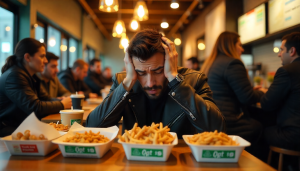
The phrase comes from more than just frustration with food—it’s about disappointment. People invest time, money, and emotional energy into Optavia, only to find the results are temporary. They lose weight, yes, but often regain it once they return to “normal” food. That cycle leaves many feeling betrayed, like they’ve failed when really, it’s the program that didn’t set them up for long-term success.
Financial stress is another factor. Pre-packaged meal kits aren’t cheap, and when progress stalls, you’re left wondering if you’ve wasted both money and months of your life. Add in the feeling of isolation when social events revolve around food you can’t eat, and it’s no surprise some say it damaged more than just their waistline—it impacted their relationships, confidence, and happiness.
How To Recover If You Feel Like Optavia Ruined Your Life

If you’ve been burned by a rigid program, healing is possible. Here’s how to reclaim your balance:
- Shift your mindset. Instead of chasing numbers, focus on how food makes you feel—energized, satisfied, or sluggish.
- Learn real habits. Cooking simple meals at home teaches you skills you can keep forever. Start with easy swaps like fresh veggies or whole grains.
- Seek support. A dietitian, therapist, or supportive friend can help untangle the guilt and rebuild your relationship with food.
- Practice patience. Sustainable health doesn’t happen in weeks. Give yourself grace to experiment, stumble, and grow at your own pace.
Remember: freedom around food is a journey, not a quick fix.
Also Read: Ilblogfood Light Recipes From Lovelolablog
FAQ: Honest Answers About Optavia
Why do some people say Optavia ruined their life?
Because the program can create dependency on meal kits, financial strain, and emotional stress. Many regain weight after stopping, leaving them frustrated and disappointed.
Can Optavia work for long-term health?
For some, it may jumpstart weight loss, but it rarely teaches sustainable habits. Without learning how to eat balanced meals outside the program, long-term results are difficult.
Are there healthier alternatives to Optavia?
Yes. Balanced eating approaches like intuitive eating, Mediterranean-style diets, or working with a registered dietitian focus on real food and sustainable change.
How do I recover from negative dieting experiences?
Start by listening to your body, rebuilding trust with food, and focusing on habits instead of rules. Professional support can also help rebuild confidence.
Final Scoop: Don’t Let a Diet Define Your Life
Here’s the reality—Optavia ruined my life was a wake-up call, not the ending of my story. While it stripped away joy for a while, it also taught me something crucial: no diet, no packet, no program gets to control my life or my happiness.
My advice? Use experiences like this as lessons, not labels. Take what you learned about discipline, leave the guilt behind, and build something sustainable. Because at the end of the day, the healthiest plan isn’t the one in a box—it’s the one that lets you enjoy food, family, and freedom without fear.

